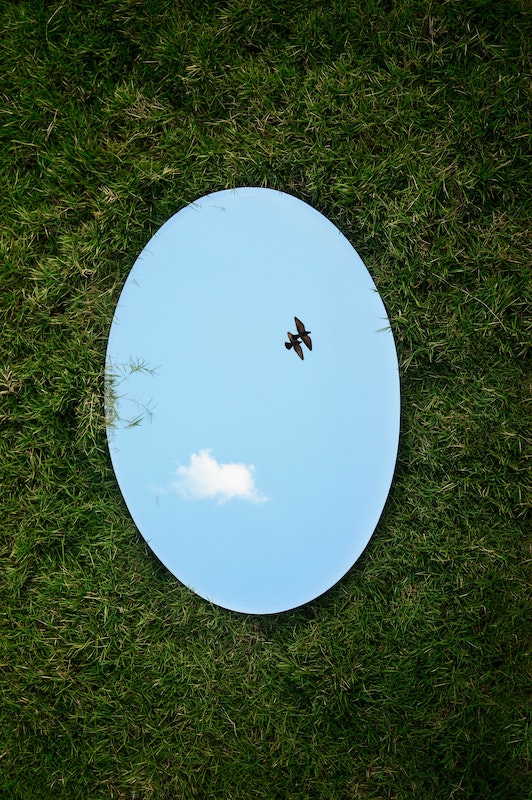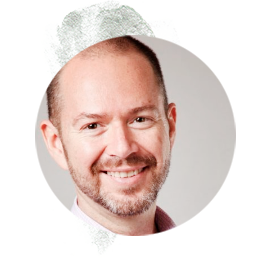I have become slightly obsessed with seeing, and its wiser sibling, observing.
It started with reading the phenomenal “An Immense World” by Ed Yong, a deep dive into trying to understand the “Umwelt”/environment or sensory experiences of living beings.
For example, vision is about sensing light – and light is both an electromagnetic wave and particles of energy (photons). Two very different entities joined as one.
All animal eyes contain light sensitive proteins called opsins. However, eyes have evolved in many diverse forms as the light (mostly generated by the sun) conveys a lot of information. Beings have evolved to use this information in different ways, for different purposes.
Light can show direction, temperature, indicate the time of day, upwards and downwards. It reflects off objects, which tells us about the objects’ shapes, but also their texture.
The human eye has evolved to spot small insects in leafy canopies, then expanded to seeing prey and predators at great distances on the savanna. Now we use our vision to guide our dexterous fingers, to consume vast amounts of information and to read facial expressions. Because we are very social animals. We need to constantly ‘read’ the expressions of our extended families as we rely on them, and they on us.
We also learned to very quickly sort the information our senses collect. Good apple, rotten apple. Dangerous, safe. Friend, foe. Family, not family.
However, it is a small step from sorting to judging. We constantly do that with every object, in every situation, with every emotion, every person, every single moment of our day.
Which leads me to mirrors.
Our homes are full of them. Our modern world overflows with reflective surfaces – we see ourselves all the time. We are constantly judging who we see in that mirror and comparing who we see with others.
In addition, we record ourselves incessantly (selfies – doh). That way we know what we looked like a moment, day, month, year ago. We compare our present to the past.
Have you ever felt like being somebody else?
Feeling like the mirror isn’t good for your health?
(Sam Smith – “Love Me More”)

On our yoga mats we practice drishti (Sanskrit “gaze”) to focus our attention on the job at hand (yoga) and thus not be distracted.
What happens if we apply that unwavering gaze to ourselves, in the proverbial mirror? Would we focus on observation, or be distracted and judge?
In “My Gita”, Devdutt Pattanaik explains that there is no concept of a judgement day in Hinduism. In The Bhagavat Gita, Krishna explains how the world is. Not right, nor wrong, just is. If we do not see the world for what it is, we will constantly try to sort, separate, classify, judge.
In Hindu philosophy, there are 6 darshanas, or ways to see the world. Yoga practitioners are familiar with Patanjali’s Yoga Sutras. In this darshana, the goal in life is union (‘yoga’ means to yoke, to be one) with the Ultimate Reality or the Divine. Thus reaching a state of enlightenment. This should be our focus, and we should be mindful of distractions.
Darshan (Sanskrit “viewing”) can also mean viewing a deity or its representation (e.g. sculpture or painting).
The devotee gazes upon the deity, and the deity looks back, without a blink.
In darshan there is no judgment, only observation. No right, no wrong.
You see the deity, and the deity sees you. Exactly as you are, for who you are.
In India, and when yogis great each other, they say “Namaste” – “the divine in me bows down to the divine in you”.
So, when you look into the mirror, practice darshan and truly observe yourself for the divine being you are, without judgement.
A divine being reflecting Light – otherwise you would not be able to see you.
And learn to Love Yourself More.
———————-
Schalk Viljoen

